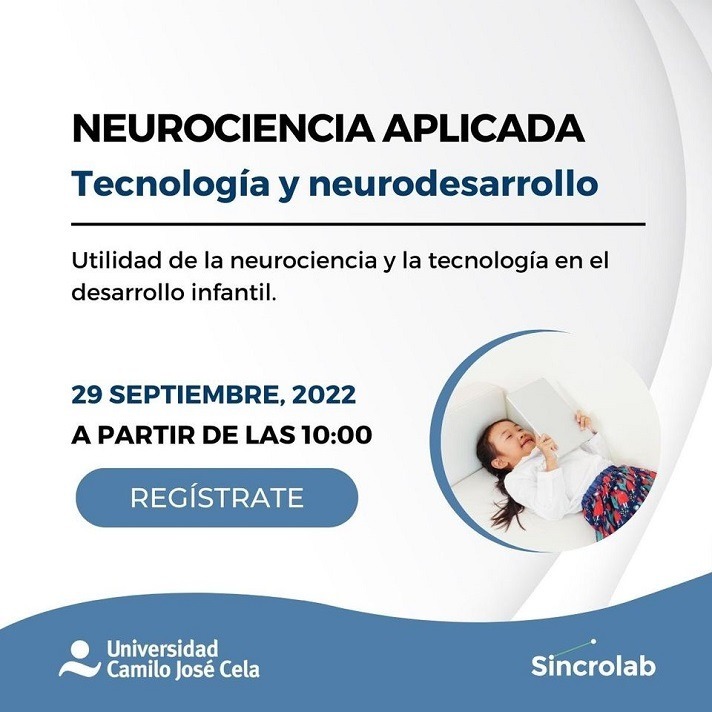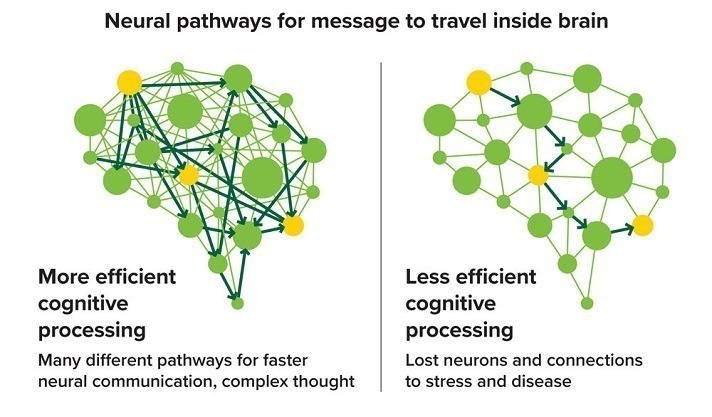Education & Lifelong Learning
Madrid, 29 de septiembre: ¿Cómo debemos aplicar la neurotecnología en la clínica y en la educación?
Descripción: La medicina, la psicología y la educación están asistiendo a la irrupción de una gran cantidad de nuevos enfoques gracias a la colaboración con otras disciplinas como la ingeniería, la electrónica o la computación. Estos nuevos enfoques proponen criterios y maneras de abordar el neurodesarrollo y su aspectos patológicos (TND) de maneras muy diferentes…
Read MoreStudy: Practicing gratitude helps lower physiological stress levels of the “expresser” AND the “receiver”
Expressing gratitude nurtures our relationships, helping us to feel closer to our friends and romantic partners. Some research suggests that grateful people seem to cope better with stress and enjoy superior physical health, perhaps because of those stronger social relationships. What about experiencing gratitude with people we don’t know so well—like those we work with?…
Read MoreBuilding cognitive reserve helps delay memory and thinking decline regardless of genetic or childhood markers
Welcome to a new edition of SharpBrains’ e‑newsletter, featuring timely brain news and a few fun brain teasers to test your perceptual and cognitive skills. #1. Study: Building cognitive reserve helps delay memory and thinking decline regardless of genetic or childhood markers “While our childhood can influence our memory and thinking skills later in life,…
Read MoreStudy: Building cognitive reserve helps delay memory and thinking decline regardless of genetic or childhood markers
Building cognitive reserve could protect against memory and thinking decline, even with low childhood cognition scores (Alzheimer’s Research UK): New research suggests that people who develop high ‘cognitive reserve’ by the time they reach 69 years old may reduce their likelihood of memory and thinking decline, even with low childhood cognitive abilities. The study was…
Read MoreQ&A with researcher Robb Rutledge on mental health, expectations, decision-making and, yes, holiday planning!
Have you ever looked forward to a concert, beach vacation, or party only to find yourself not enjoying it as much as you thought you would? You may be suffering from overly high expectations, says psychologist Robb Rutledge of Yale University. Rutledge and his colleagues have been using smartphone-based data collection (via a free app called…
Read MoreUpdate: Playing videogames may be more cognitively beneficial than other forms of screentime like social media, watching videos/ TV
Welcome to a new edition of SharpBrains’ e‑newsletter, featuring timely brain & mental health news and a fun brain teaser to put your temporal lobes to good use :-) #1. Study finds that playing videogames may be more cognitively beneficial for children than other forms of screentime (social media, watching videos/ TV) “Here, we estimated the impact…
Read More




